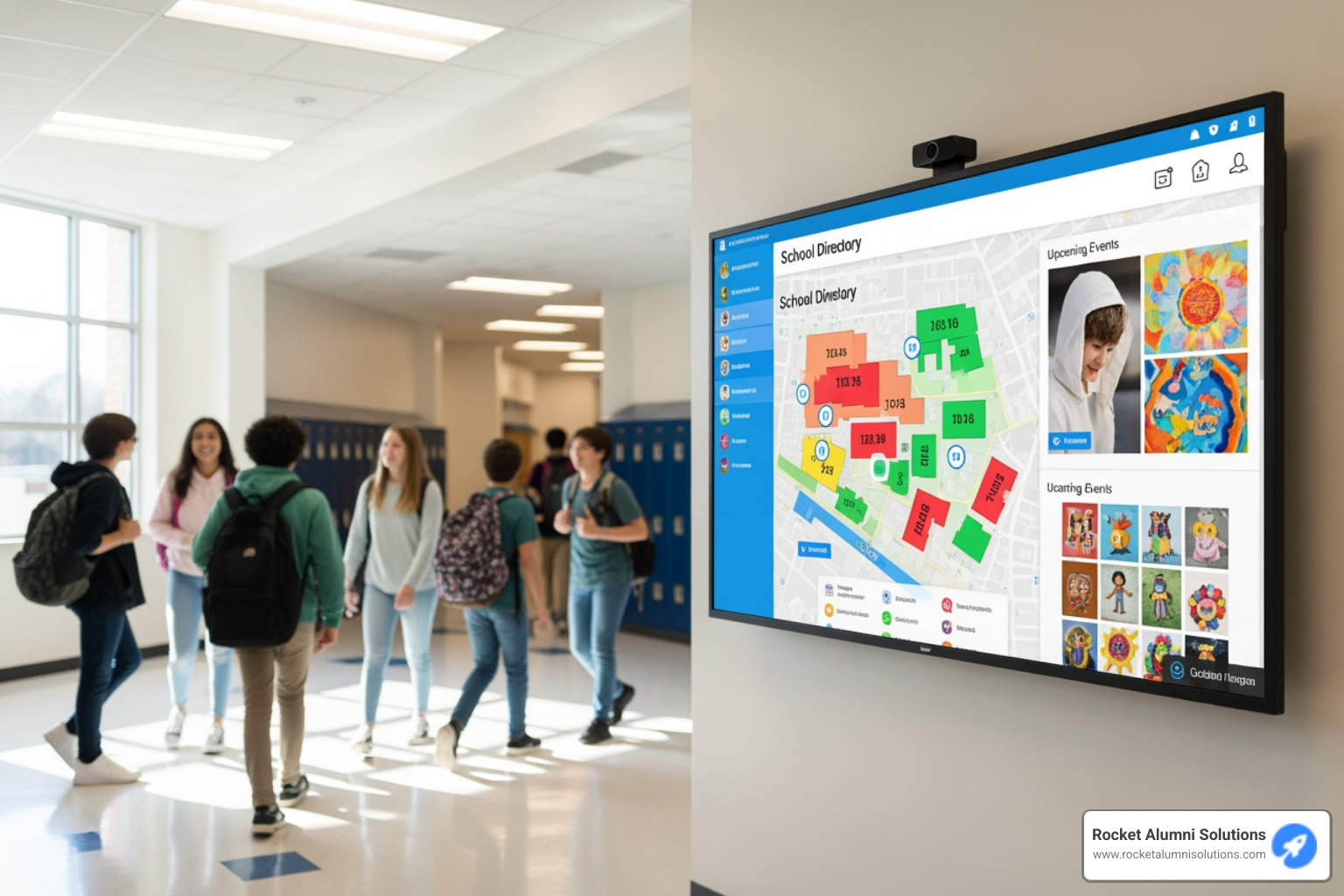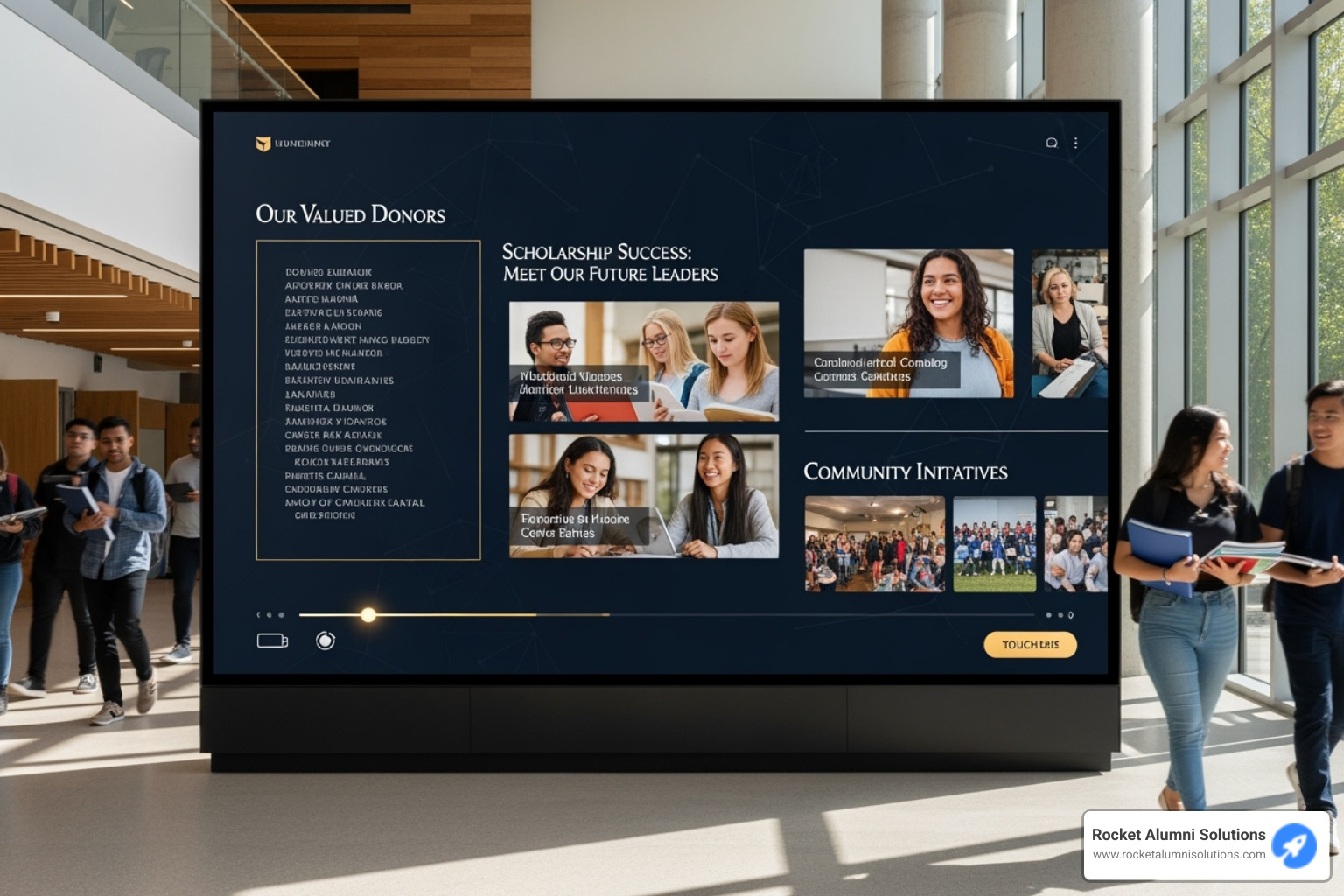Opening Up the Past in a Digital Age
Digital historical archives are online collections of digitized historical documents, photographs, newspapers, and other primary source materials that provide remote access to cultural heritage and historical records. These digital repositories have transformed how we research, explore, and connect with the past by making previously inaccessible materials available to anyone with an internet connection.
Key aspects of digital historical archives:
- Materials included: Newspapers, government documents, photographs, letters, maps, oral histories, and manuscripts
- Access: Available 24/7 from anywhere with internet connection
- Search capabilities: Full-text search and advanced filtering options
- Preservation: Digital copies protect fragile originals from handling damage
- Scale: Collections like HathiTrust contain over 18 million digitized items
The shift from physical archives to digital platforms has democratized historical research. Where researchers once needed to travel to specific libraries or archives during limited hours, they can now explore centuries of human history from their desk. The Toronto Public Library, for example, provides digital access to historical newspapers dating back to 1844, while specialized collections like the Densho Digital Repository preserve thousands of photographs and documents related to Japanese American incarceration.
This change represents more than convenience - it's fundamentally changing how we find and understand our shared past. Digital archives connect disparate sources, reveal hidden patterns, and enable new forms of historical analysis that weren't possible with physical collections alone.
I'm Chase McKee, founder and CEO of Rocket Alumni Solutions, where we help schools and organizations create engaging digital historical archives through interactive displays and touchscreen technology. Having worked with hundreds of institutions to digitize and showcase their historical collections, I've seen how digital archives can transform community engagement with history.
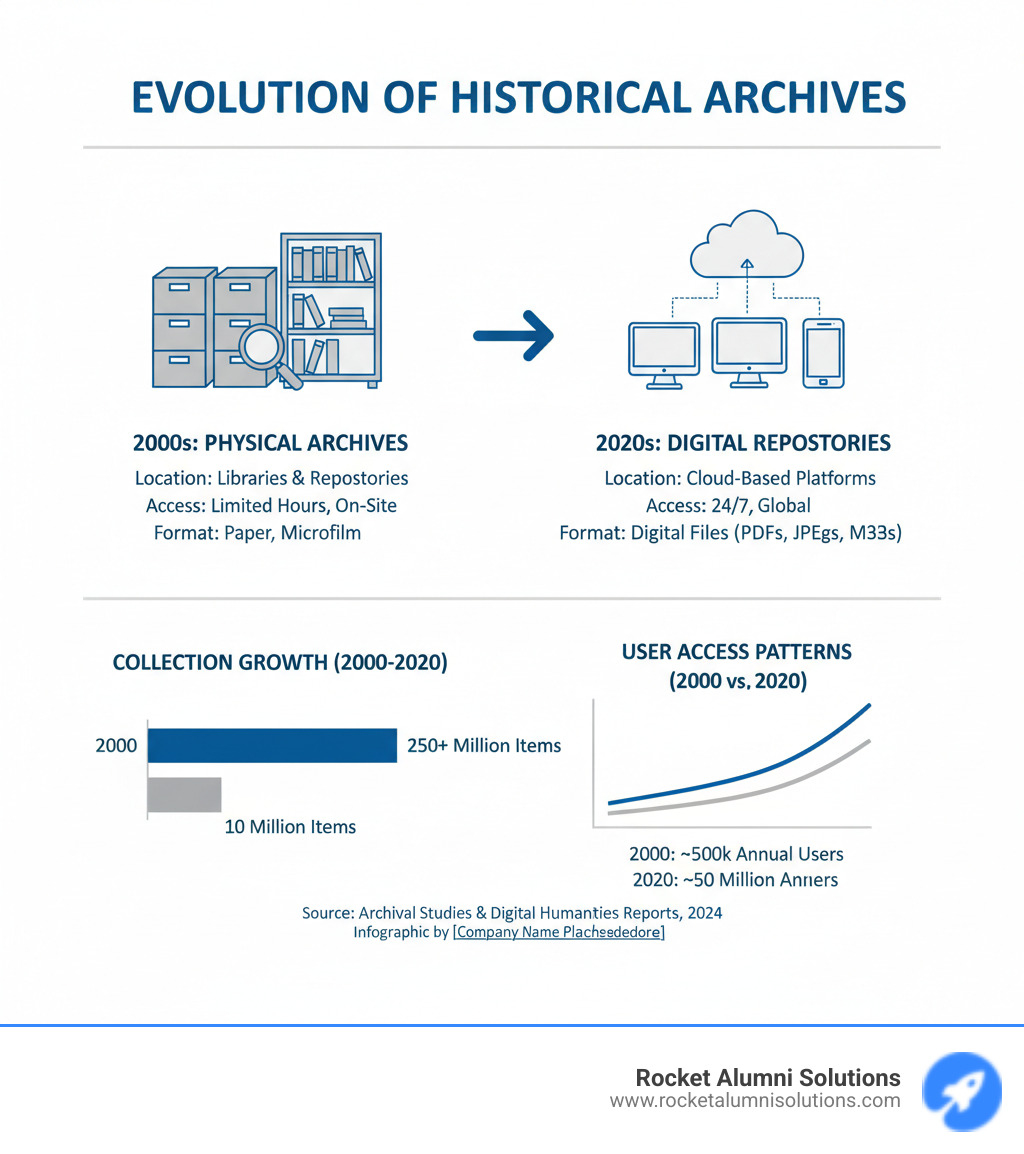
What Are Digital Historical Archives?
Digital historical archives are online collections of the past, preserved and made accessible through modern technology. Unlike digital libraries that focus on published books, these archives house primary sources—the raw, unfiltered materials of history. They are digital time machines that let you see the past through the documents, photos, and recordings people created as events unfolded.

The variety of materials is remarkable, including newspapers, government documents, photographs, personal letters, oral histories, maps, and manuscripts. For example, the Toronto Star Historical Archive covers events from 1894 to 2020, while the Densho Digital Repository preserves thousands of oral histories from Japanese Americans incarcerated during WWII. The Palestinian Museum Digital Archive contains over 362,668 items telling personal stories from 200 years of Palestinian life.
From Physical Shelves to Digital Screens
The shift from physical archives to digital screens has been revolutionary. Traditional archives required physical access, had limited hours, and involved manual searches, with the constant risk of material degradation. Digital archives offer remote access 24/7, powerful keyword search, and preservation copies that protect fragile originals while allowing for the linking of related data across collections.
The digitization process involves scanning or photographing physical items. Some materials, like websites and emails, are born-digital and have their own preservation needs. Optical Character Recognition (OCR) technology converts scanned images into searchable text, letting you search decades of newspapers in seconds. Behind the scenes, metadata—details about an item's creator, date, and subject—acts as the catalog that makes these vast collections navigable.
Materials You Can Find
The scope of materials in digital historical archives is ever-expanding. Beyond major newspaper collections, you'll find specialized treasures for every interest. The Densho Digital Repository offers comprehensive documentation of Japanese American experiences. University collections house everything from 19th-century African American cookbooks to botanical records. Government archives provide access to official records, while academic partnerships like HathiTrust bring together over 18 million items from institutions worldwide.
For researchers of African American history, a vast directory of African American history archives curated by BlackPast.org is an invaluable resource. The power of these collections lies in their ability to connect disparate sources—a newspaper article, a government document, and a personal photograph—to create a rich, multi-dimensional understanding of the past.
The Power of Digital Access: Benefits and Notable Collections
The rise of digital historical archives has fundamentally changed how we explore our past, opening doors that were previously locked to most people. The benefits are transformative:
- Global Accessibility: Economic and geographic barriers disappear, allowing a student in a small town to access the same primary sources as a scholar in a major city.
- Improved Searchability: Instead of manually combing through card catalogs, you can search millions of pages for keywords in seconds, thanks to OCR technology and detailed metadata.
- Preservation: Digital copies protect fragile, irreplaceable originals from handling damage, ensuring they survive for future generations.
- Connecting Sources: Digital platforms make it easy to link a government report, a personal diary, and a newspaper article, painting a more complete picture of historical events.
- New Research Avenues: Genealogists can instantly cross-reference records, while academic researchers can analyze vast datasets to identify previously invisible patterns.
Notable Examples of Digital Historical Archives
- HathiTrust: A collaborative partnership of academic institutions that has digitized over 18 million items, from rare scientific texts to the oldest known cookbook by an African American woman (1866).
- World Digital Library: A UNESCO-inspired project, now housed by the Library of Congress, where you can explore cultural treasures from around the globe.
- Library and Archives Canada: The nation's memory keeper, which has digitized vast collections, including 84,000 ship registration records dating back to 1838.
- BlackPast.org: An essential directory for African American historical archives, organizing resources from universities, historical societies, and the Library of Congress.
- Specialized Archives: Focused collections like the Densho Digital Repository (Japanese American incarceration) and the Palestinian Museum Digital Archive (200 years of Palestinian life) provide incredible depth on specific topics.
The Benefits of Digitized Newspapers and Documents
Digitized newspapers and documents offer research superpowers. Instant access lets you pull up an 1844 newspaper as easily as today's headlines. Full-text searching allows you to find every mention of a topic in decades of coverage instantly. This often helps in uncovering hidden stories and makes comparing sources from different publications effortless.
At Rocket Alumni Solutions, we've seen how these tools can be thoughtfully accepted. Our work helping organizations engage with history through digital timelines turns static archives into dynamic experiences that bring the past to life.
How to Effectively Use Digital Historical Archives
Navigating the vast ocean of digital historical archives can be daunting, but a few strategies can make you a master navigator.
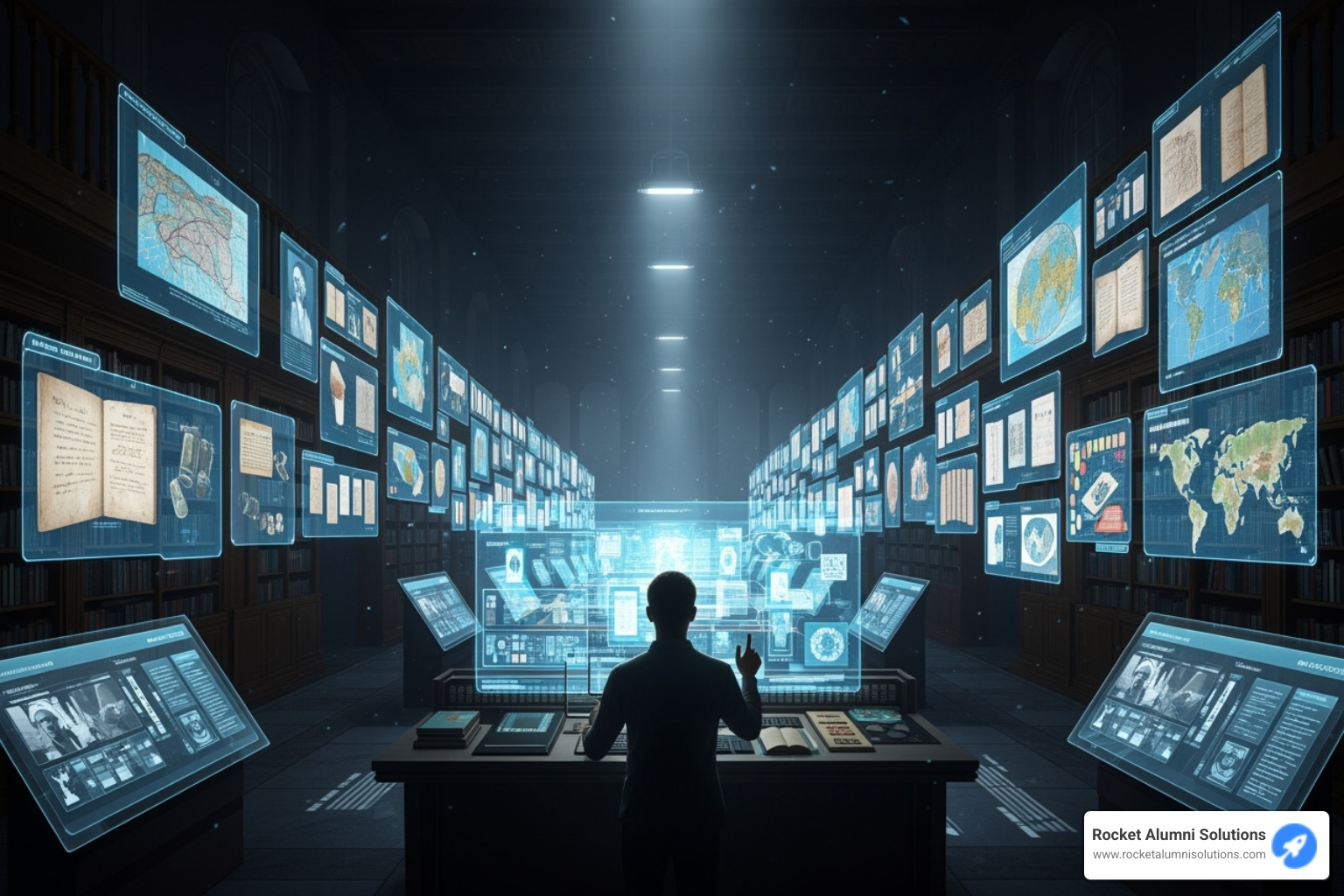
- Start with a clear question. A focused goal prevents information overload and guides your search.
- Use keyword variations. Historical language evolves. If you're searching for "automobile," also try "motorcar" or "horseless carriage."
- Master Boolean operators. Use AND to narrow results ("suffrage AND women"), OR to broaden them ("WWI OR World War One"), and NOT to exclude terms ("Lincoln NOT car").
- Filter by date and material type. Narrow your search by publication date, document type (newspaper, letter, photo), or language to manage large result sets.
- Explore finding aids. Many archives provide tutorials and guides that explain their collection's structure, saving you hours of searching.
Key Challenges in Using digital historical archives
While powerful, digital archives have their quirks. Being aware of them makes you a more effective researcher.
- OCR Errors: Automated text recognition isn't perfect and can misread old fonts or faded text, causing you to miss relevant documents in a search.
- Copyright Restrictions: Not all materials are in the public domain, so some items, especially recent ones, may have restricted access.
- Paywalls: While many archives are free, some specialized collections require a subscription, often available through a university or public library.
- Metadata Inconsistencies: The quality of item descriptions can vary, making it difficult to perform a comprehensive search across different collections.
- Digital Decay: Digital files can become corrupted or obsolete as technology changes, posing a long-term preservation challenge.
- Information Overload: The sheer volume of data can be overwhelming without a clear search strategy.
The Role of Institutions in digital historical archives
Libraries, universities, museums, and government archives are the heroes behind digital historical archives. They perform the critical work of preservation and digitization, converting fragile physical materials into lasting digital formats. They also handle curation and organization, creating the metadata and finding aids that make collections searchable.
As access providers, these institutions build the platforms that allow public exploration. Many, like the Toronto Public Library, also offer user guidance and expert support. Furthermore, major collaborative projects like HathiTrust exist only because multiple institutions pool their resources and expertise. At Rocket Alumni Solutions, we help schools and organizations join this effort by creating their own digital historical archives with interactive displays to preserve their unique stories.
The Future of History: Evolving Technology and Its Impact
The world of digital historical archives is like a river that never stops flowing. Just when we think we've seen everything, new technologies emerge that completely change how we explore and understand the past.
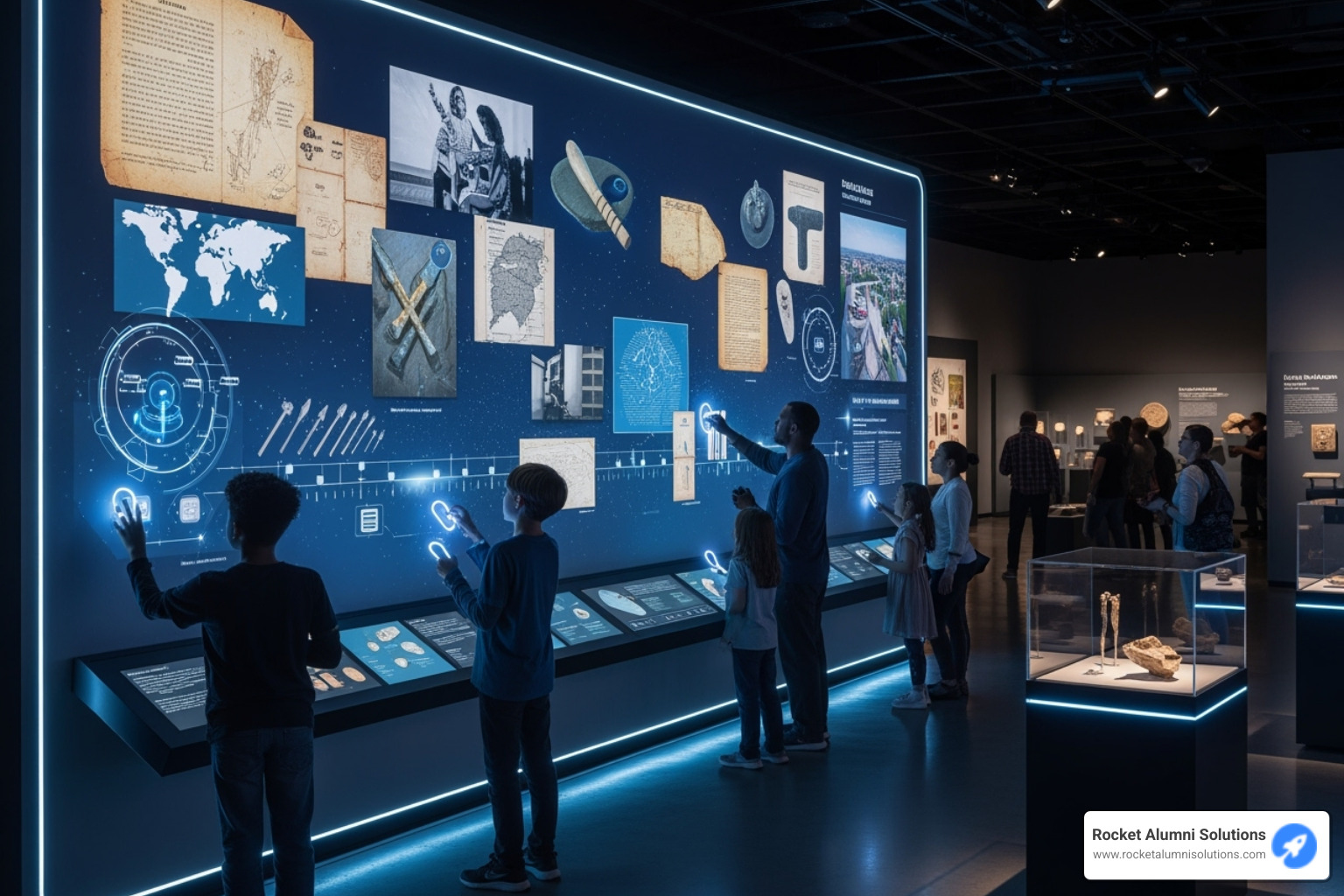
Artificial Intelligence and Machine Learning are becoming the superheroes of historical research. These smart technologies can read through millions of documents in minutes, spot patterns that would take human researchers years to find, and even decipher handwriting that looks like chicken scratches to the rest of us. Instead of typing exact keywords and hoping for the best, AI-powered search engines actually understand what you're looking for - even if you ask in plain English.
Data analysis tools are opening up incredible possibilities for historians. Picture this: analyzing millions of letters to track how new ideas spread across the country, or mapping out social networks from centuries ago. It's like having X-ray vision for history - we can see connections and trends that were completely invisible before.
The really exciting stuff happens with Virtual Reality and Augmented Reality. These technologies can literally transport you back in time. The Louvre's 'Mona Lisa: Beyond the Glass' VR experience lets you get closer to that famous smile than you ever could in real life. Projection mapping tours, like the popular Van Gogh exhibitions, transform entire rooms into living, breathing historical moments.
At Rocket Alumni Solutions, we see this change happening everywhere. That's why we're passionate about helping organizations revolutionize history with interactive timelines that make the past feel alive and relevant.
Enhancing Accessibility and Usability
Technology keeps making digital historical archives easier and more enjoyable to use. AI-powered search is getting so smart that you can ask questions like "What did people think about the railroad in 1850?" and get meaningful answers. No more guessing what keywords might work - the computer actually understands what you want to know.
Automated transcription is a game-changer for old handwritten documents. What used to take scholars months to decode can now be transcribed by AI in hours, making previously unreadable texts available to everyone. 3D modeling of artifacts lets you examine historical objects from every angle, zoom in on tiny details, and even see inside things without damaging them.
Interactive maps are particularly fascinating. You can watch how cities grew over time, follow historical journeys step by step, or see how political boundaries shifted through the centuries. It's like having a time machine for geography.
This is exactly the kind of engaging experience we create at Rocket Alumni Solutions. We help schools and organizations create their own interactive digital history experience, turning static displays into dynamic adventures that people actually want to explore.
Preserving Cultural Heritage and Collective Memory
The impact of digital historical archives on preserving our shared heritage goes far beyond just storing old documents. We're witnessing a complete democratization of history. Stories that were once locked away in distant archives are now available to anyone with internet access. A student in rural Montana can explore the same primary sources as a professor at Harvard.
New research possibilities emerge constantly as these vast digital collections grow. Researchers can now compare sources across continents, analyze patterns across centuries, and find connections that were impossible to see when everything was scattered in different physical locations.
Community archiving projects are particularly exciting because they give regular people the power to preserve their own stories. Local historical societies, schools, and families can now digitize their photos, documents, and memories, ensuring that diverse voices become part of the permanent historical record.
Perhaps most importantly, digital archives serve as safeguards against loss. Natural disasters, wars, and simple aging threaten physical documents every day. When the World Digital Library's original website went offline, the Library of Congress preserved it in their Web Archive, ensuring that this valuable resource wouldn't disappear forever.
This commitment to preservation is at the heart of what makes a modern digital archive so powerful. At Rocket Alumni Solutions, we understand that every school, every organization, and every community has stories worth preserving. Our interactive displays and digital solutions help ensure that today's memories become tomorrow's historical treasures.
Frequently Asked Questions about Digital Historical Archives
When you first dive into digital historical archives, it's natural to have questions. Let me address the most common ones I hear from educators, researchers, and history enthusiasts.
What's the difference between a digital archive and a digital library?
This is a great question that even professionals sometimes mix up! Think of it this way: digital archives are like treasure chests of unique, one-of-a-kind materials. They typically contain primary source materials that you won't find anywhere else - things like personal letters, organizational records, unpublished documents, or raw research data. These materials usually come from a single origin or closely related sources.
A digital library, on the other hand, is more like a massive bookstore. It aggregates published materials - books, journals, articles - from various publishers and creators. The goal is to provide broad access to a wide range of content.
Here's where it gets interesting: HathiTrust functions as a collaborative digital library, but it hosts millions of digitized books and journals that are often historical primary sources themselves. So the lines can blur a bit!
Are all digital historical archives free to access?
I wish I could say yes, but the reality is more nuanced. Many of the most valuable digital historical archives are indeed free to access. Government archives like the Library of Congress, university collections, and non-profit projects such as the Archives of Ontario or the World Digital Library offer extensive free access to their digitized treasures.
However, some specialized collections come with a price tag. Commercial providers often use subscription-based models, typically accessed through institutional subscriptions that libraries or educational institutions hold. You might also encounter pay-per-view models for certain premium content.
The good news? If you're affiliated with a school, university, or public library, you likely have access to many subscription-based archives through your institution. It's always worth checking with your local librarian - they're often the unsung heroes who can open up these digital doors for you!
How do I cite a source from a digital archive?
Citing sources from digital historical archives follows the same basic principles as any other citation, but with a few digital twists. The key is providing enough information so someone else can easily find the exact same source you used.
Most citations should include the author or creator (if known), the title of the item, the date of creation, the name of the digital archive, the hosting institution (like University of Maryland Libraries or Library and Archives Canada), the direct URL to the specific item, and your date of access.
Here's my favorite tip: many digital archives make your life easier by providing pre-formatted citations or detailed citation guidance right on their websites. Always check for a "how to cite" section before you start formatting everything yourself. Whether you're using MLA, Chicago, or APA style, these guides can save you tons of time and ensure accuracy.
Since online content can sometimes change or move, including your access date is crucial for maintaining the integrity of your research.
Conclusion: Your Journey into Digital History Begins Here
What an incredible journey we've taken together through digital historical archives! We've finded how these remarkable collections have transformed from dusty physical shelves into vibrant, searchable digital treasures that anyone can explore from their living room.
The benefits are truly remarkable. Digital historical archives have democratized access to our shared past, breaking down the barriers that once kept historical research locked away in ivory towers. Now, a curious teenager in rural Canada can explore the same Japanese American incarceration records that a university professor studies, or trace their family's story through digitized immigration documents that were once accessible only to those who could travel to specific archives.
We've seen how improved searchability has revolutionized research itself. The ability to search millions of pages in seconds, to connect disparate sources across continents, and to uncover hidden patterns in historical data has opened entirely new ways of understanding our past. Meanwhile, the preservation of fragile originals ensures that future generations will have access to documents and photographs that might otherwise crumble with time.
The technological horizon looks even more exciting. Artificial Intelligence is making transcription faster and search results smarter. Virtual and Augmented Reality are beginning to transport us directly into historical moments. Interactive displays and immersive experiences are changing how we connect with history emotionally, not just intellectually.
At Rocket Alumni Solutions, we're passionate about being part of this digital history revolution. We understand that every school, every organization, every community has its own unique story worth preserving and celebrating. That's why we help institutions create their own digital historical archives through engaging digital yearbooks, interactive timelines, and custom history displays.
Our touchscreen solutions transform static records into dynamic experiences that invite exploration. Whether it's showcasing decades of graduation photos, highlighting athletic achievements, or telling the story of an organization's growth, we make history come alive in ways that captivate audiences of all ages.
Your personal journey into digital history starts now. Whether you're researching your family tree, working on a school project, or simply curious about how people lived in different times and places, these incredible resources are waiting for you. The stories of countless individuals, communities, and movements are just a search away.
Ready to preserve and share your own institution's legacy? Explore interactive digital yearbook solutions and find how we can help you transform your historical materials into engaging, accessible experiences that will inspire and educate for generations to come.
The past has never been more alive, more accessible, or more ready to teach us. Dive in and start exploring – history is waiting for you.


















































































































